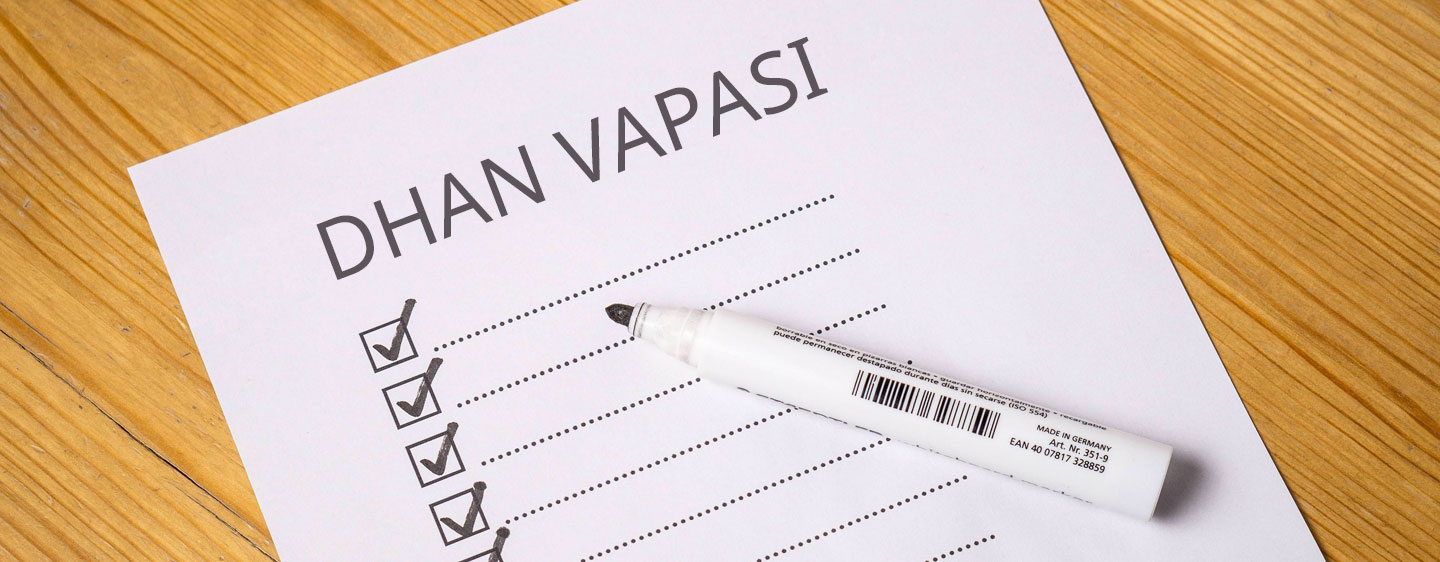Dhan Vapasi seeks to eliminate poverty and make Indians prosperous. Dhan Vapasi is both economically and morally the right thing to do.
Dhan Vapasi is an idea whose primary justification is that the public wealth of India is owned by the people of India. It endeavours that we, the people, start to benefit from the surplus public wealth which is either lying unused, as in the case of surplus public land; or misused and abused, as in the case of publicly owned minerals.
To strengthen the rationale behind implementing Dhan Vapasi, we attempt to evaluate it on the basis of five principles of social justice as laid out by Guy Standing, a development economist. Standing is also the founder and co-president of Basic Income Earth Network, a non-governmental entity which promotes basic income. One of the strongest proponents of basic income, he has done extensive work in this field, including various experiments and studies in India. These five principles asses a social policy by taking on a philosophical-ethical approach which is embedded in the notion of basic human rights.
The Security Difference Principle
A policy or institutional change is socially just only if it improves the security and work prospects of the least secure groups in society.
Dhan Vapasi seeks to improve every Indian’s economic security and work prospects. Dhan Vapasi will be universal, and will particularly benefit marginalised groups like children, landless labourers, migrants, minorities, old people, persons with disability and women. It will have a direct and beneficial impact on the Indian economy by giving people the economic freedom to buy, sell and produce what they want with the Dhan Vapasi amount. By returning wealth to everyone, we will set in motion a virtuous cycle of economic prosperity.
The Paternalism Test Principle
A policy or institutional change is socially just only if it does not impose controls on some groups that are not imposed on the most free groups in society.
Dhan Vapasi, unlike any other government program is unconditional. The beneficiaries will be free to opt out from receiving their share of Dhan Vapasi. There will be no conditions on the recipients to carry out any specific kind of labour or spend their money on a specific set of goods and services to be eligible for Dhan Vapasi. Every Indian will have complete control over the amount they receive annually and can use it in any way they see fit.
The Rights-not-Charity Principle
A policy or institutional change is socially just if it enhances the rights of the recipient of benefits or services and limits the discretionary power of the providers.
Dhan Vapasi recognises the return of proceeds from the sale of surplus public wealth of India, as every Indian’s right. It will give everyone the ability to pursue life on their own terms. The right to receive an equal share of the surplus public wealth of India through Dhan Vapasi is not at the discretion of any politician or bureaucrat, it is not a favour or gift. Further, by removing government control over surplus public wealth, the discretionary power of politicians and bureaucrats will be limited.
The Ecological Constraint Principle
A policy or institutional change is socially just only if it does not involve an ecological cost borne by the community or by those directly affected.
Currently, the public wealth of India is either lying unused or misused, particularly in case of land and minerals. This is a direct consequence of government ownership which leads to inefficient use of resources and results in a huge ecological cost to the society. When no single person is accountable for a resource, the resource tends to degrade or deplete due to its misuse, abuse or inefficient use. After Dhan Vapasi, the surplus public wealth will come to be privately owned, leading to its efficient use.
The Dignified Work Principle
A policy or institutional change is just only if it does not impede people from pursuing work in a dignified way and if it does not disadvantage the most insecure groups in that respect.
Given that Dhan Vapasi is unconditional, it allows people to do as they please with their share of the surplus public wealth. Recipients could also use the Dhan Vapasi amount to learn new skills and move to better-paid jobs. Instead of being forced to work for low paying public works programmes, they can choose to start a business with additional capital received in the form of proceeds from Dhan Vapasi.
The nature of poverty varies from person to person and place to place. Poverty could manifest itself in many ways such as from lack of food, job, healthcare, education or lack of capital to start a business. A social policy that deals with all aspects of poverty and simultaneously takes care of major social concerns has never surfaced. Dhan Vapasi takes this very ambitious step to eliminate poverty and make Indians prosperous. Dhan Vapasi is both economically and morally the right thing to do.

